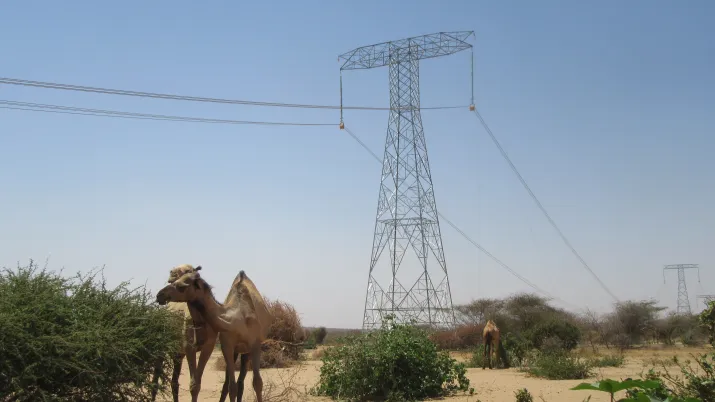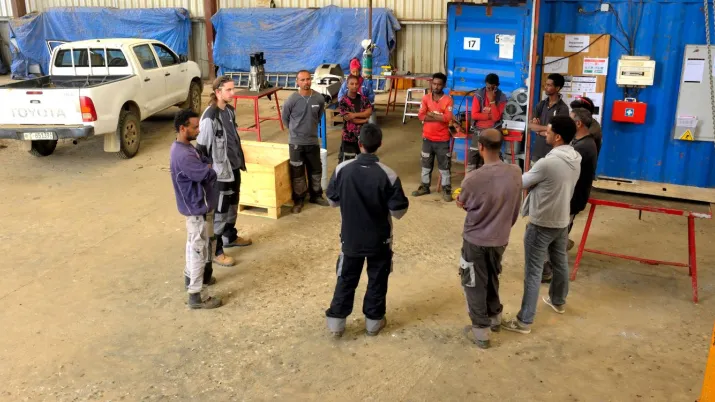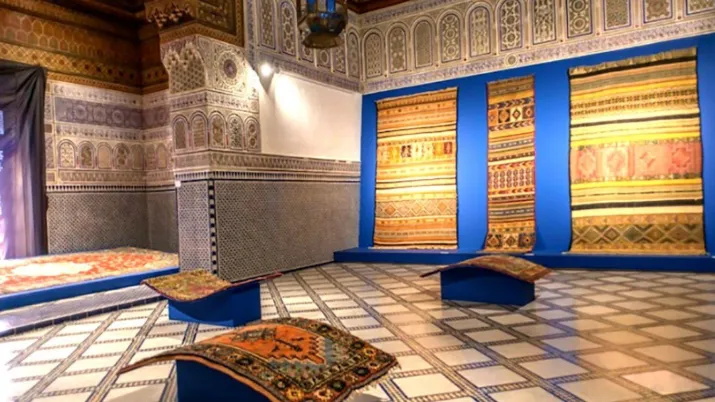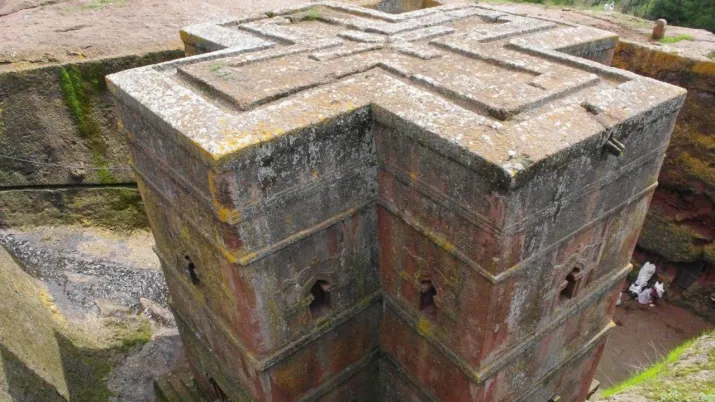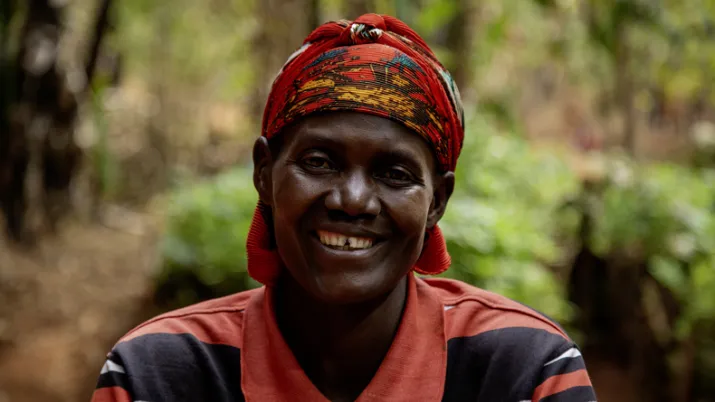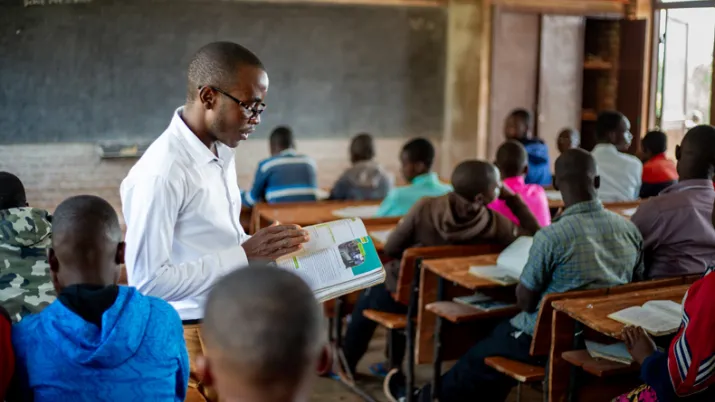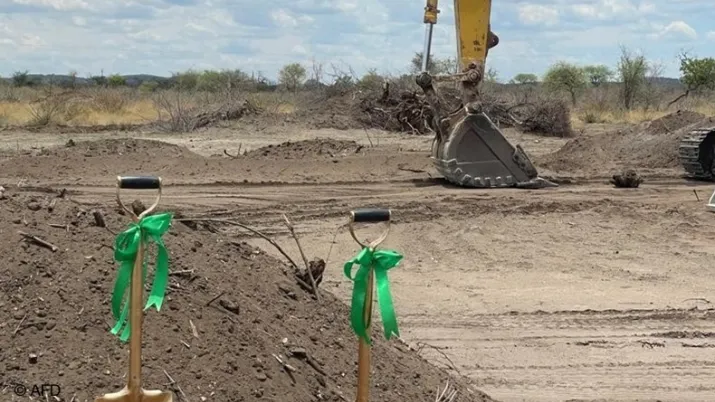Share the page
Restoration and Opening to the Public of the National Palace of Ethiopia
Project
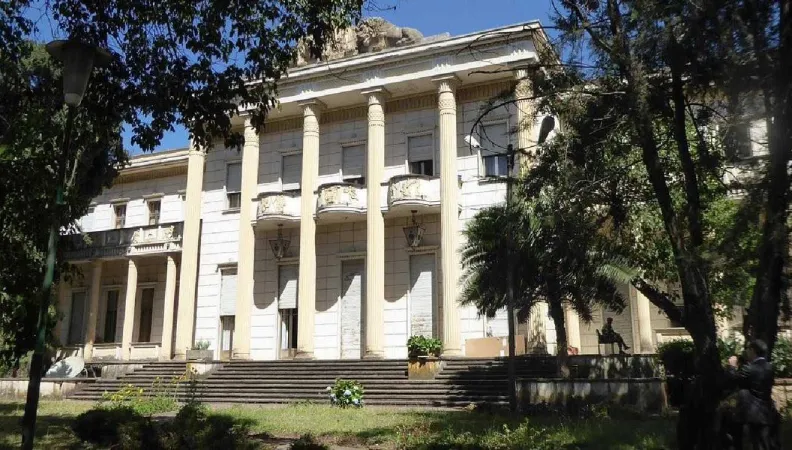

-
Project start date
-
Status
Ongoing
-
Project duration
-
4 ans
-
AFD financing amount
-
€ 20 000 000
-
Country and region
-
Location
-
Addis Ababa
-
Type of financing
-
Beneficiaries
-
Palace Administration of the Federal Democratic Republic of Ethiopia (FDREPA)
AFD is contributing to the financing of the restoration of the National Palace and its park as well as to the work of transforming the site into a museum to be opened to the public in 2023.
Context
Ethiopia has a rich historical and cultural heritage, which it wishes to preserve and enhance, but which is however in danger. Thus, following Ethiopia's request in 2019, France is committed to supporting the Ethiopian authorities in the management of its national heritage, of which the National Palace is part.
Emblematic government building of Ethiopia, it was the last residence of Emperor Haile Selassie. Following his overthrow in 1974, the Palace was abandoned for several years and then used as the residence of the President and as a venue for state functions. It has never been opened to the public.
It is a neoclassical building, with a deep art deco influence. The bas-reliefs on the main façade illustrate the history of Ethiopia. Together with the surrounding gardens, it constitutes a major heritage site of great cultural, historical and aesthetic interest, which has remained unexploited until now. Its considerable collections add to this important cultural and historical potential.
Description
The project aims to open the Palace to the national and international public, by proposing a restoration and a valorization of the site and its collections according to international standards. The National Palace is intended to become a major tourist attraction in the capital.
The project, which finances phase 1 of a more comprehensive restoration program for the entire Palace site, includes three components:
- The restoration of the National Palace and its collections, part of its park and the development of areas open to the public;
- The development of a scientific and cultural program adapted to the story and image associated with the Palace and inclusive for all types of audiences;
- The establishment of the appropriate institution for the management of the Palace, with a sustainable economic model, functional governance, and human capacities developed for each of the functions of a cultural institution open to the public.
Impacts
- Contribution to the tourist and cultural attractiveness of Addis Ababa;
- Contribution to the development of the local economy;
- Strengthening of the Ethiopian State's skills in the management of national heritage;
- Reappropriation by the Ethiopian population of its history and heritage.



